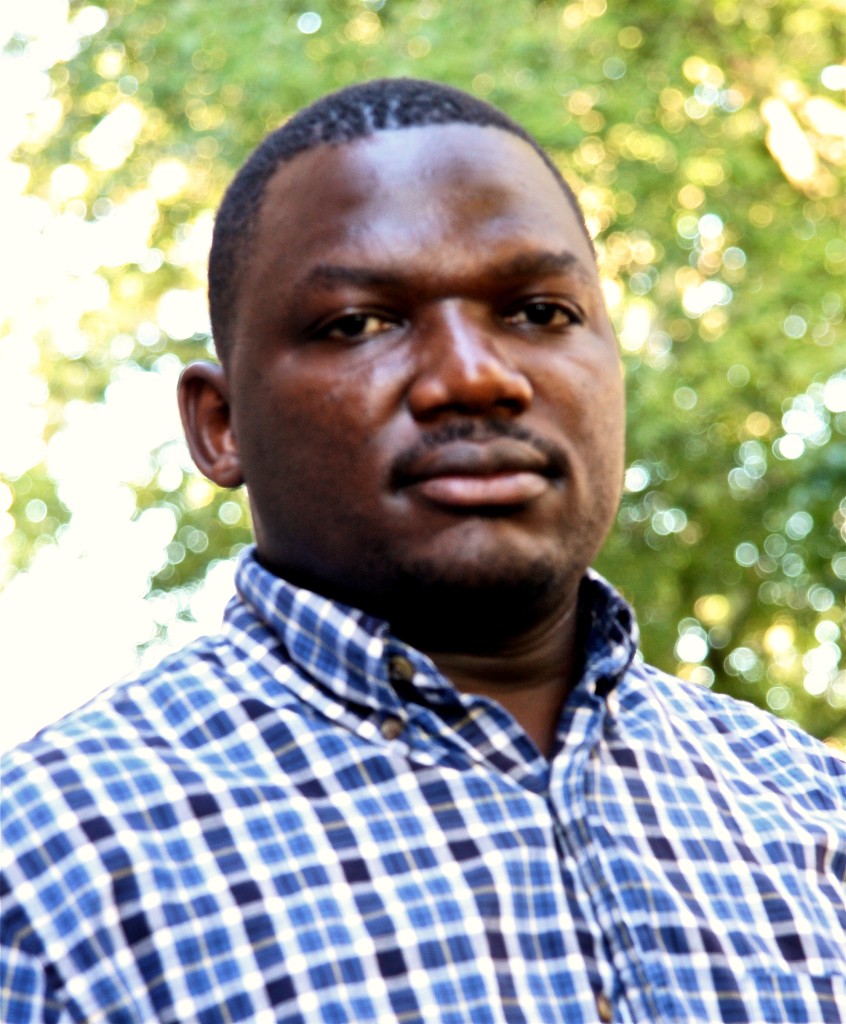
I previously questioned the endemic nature of the problems that is steadily driving our health service delivery system to crumble.
The editorial of the Daily Monitor on October 5, 2016 remarked on the Health Ministry’s plan to close nearly 7000 Health Centre IIs in the country.
The commentary cited the Permanent Secretary, Ministry of Health, saying that the Ministry (read government), could not raise the human resource capacity – nearly 63,000 health workers, needed to sustain these centres.
One of the most ornamental features of the Uganda health service delivery system is its elaborate structure. The system was properly structured to reach close proximity to the people who need health care services the most.
The Health centres I and IIs are at the grassroot – the Villages and Parishes. These are the location where these services are needed the most, even if they have been the least effective. This is where nearly 83% of Uganda’s population can access health care.
When you study the statistics of infant mortality and child-maternal mortality rates in Uganda, you start to realize a structural problem starting with distance (access) to health centres, lack of qualified professionals, and difficulties to access and negotiate for health resources, as the key drivers of these deaths. Most of them are preventable deaths, which occasions our children, expectant mothers and the population.
Scrapping these centres therefore, is not only alienating the rural hard-to-reach population from any forms of social assistance, it is a matter of inequity, a moral, ethical and human rights issue. It is symbolic of a retreat by government from the social lives of the rural population.
Nonetheless, the Uganda health care service delivery strategy needs a rethink. A major paradigmatic shift is now inevitable.
There is need for an ideological streamlining of health service provision. Uganda should rethink of a new definition of its healthcare and how they want it formatted to reach the neediest and on a sustainable, cost-effective, efficient and reliable way.
The biggest challenge lies in the conceptualization of health service provision that moves away from curative downstream emphasis. The Curative is the biomedical model where ill-health is acquired by microorganisms or injuries, and the doctor cures it. These tend to promote individualistic consideration of health as a function of lifestyle choices, when many Ugandans really have limited healthy choices at their disposal to begin with.
The shift from traditional conceptualization needs to happen, and very fast, given the parlance of neoliberalism. First, government must own up to a provision of quality health services to its population as a matter of human rights.
Second, we have to employ a wide range of interventions, mostly psychosocial, which views health not as the presence of disease, micro-agents, etc., rather, a cumulative effect of social and material relations; and the complex dynamics within the environment as determined by the mode of production in our contemporary society.
The expanded definition of health care would allow the diversifying of health resources to address upstream, mid-steam, downstream and health research, in proportions that make absolute sense to productivity in the economy.
Right now, healthcare means hospitals and medicine. We are tired of seeing decaying hospitals, commentaries about lack of drugs and doctors’ shortages.
By diversifying, we start to remove costs from downstream and spreading it to address the inherent causes of disease, ill-health and endemic poverty that ties the masses in that trap of vulnerability.
I believe that much of the public expenditures in health sector is ineffective. That money should be reinvested in critical areas where the causes of ill-health are located.
People get sick because of a variety of factors, mostly, entrenched socio-economic inequalities, chronic repression, unjust society, corruption, and deliberate exclusion from decision-making and so forth.
These are the primary factors that lead to decay and lapses in health service infrastructure, brain drain, unethical practices, negligence, suboptimal deliveries of health resources and unequal access to health resources due to gender and ethnic based inequities.
Mr. Komakech is a Global Health Consultant, Health Intervention Specialist and a studies Health Policy and Equity at York University, Toronto, Canada. Can contact via mordust_26@yahoo.ca

